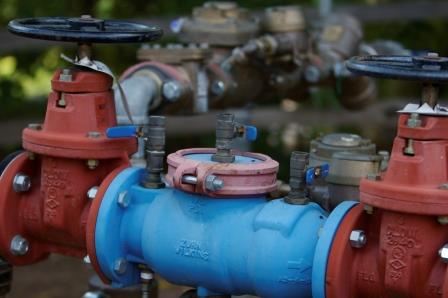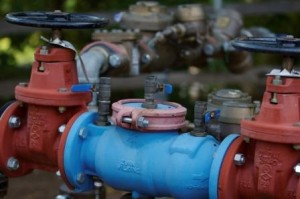Glenn Barnes is senior project director with the Environmental Finance Center based at the University of North Carolina at Chapel Hill. He is the co-director of the Smart Management for Small Water Systems Project.
Drinking water systems of all sizes can benefit from partnering with other water systems in many ways. Small drinking water systems in particular are most able to benefit from partnerships because of the issues they face with economies of scale, access to capital, and use of trained operators.
Physical interconnections between systems—pipes that bring water regularly, periodically, or during emergencies from one water system to another—are perhaps what most people think about when they hear “water system partnerships.” Systems interested in physical interconnections should ensure that the contract governing the interconnection is comprehensive, and many small drinking water systems have used physical interconnections to help bring down their cost of service. Continue reading





